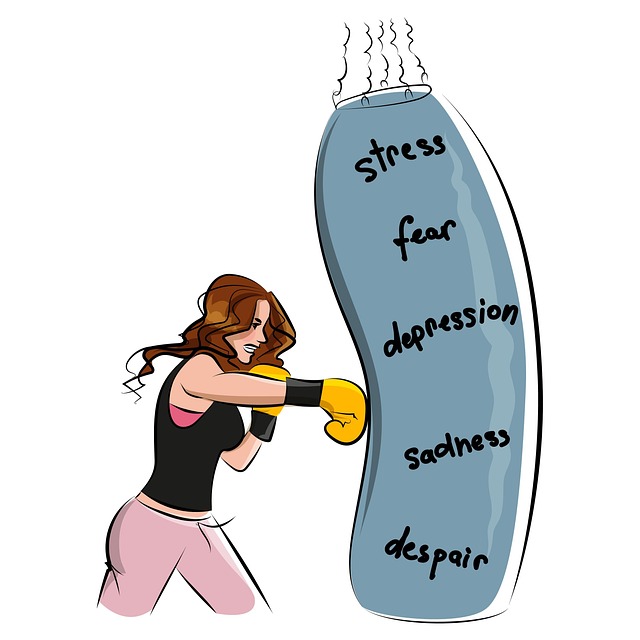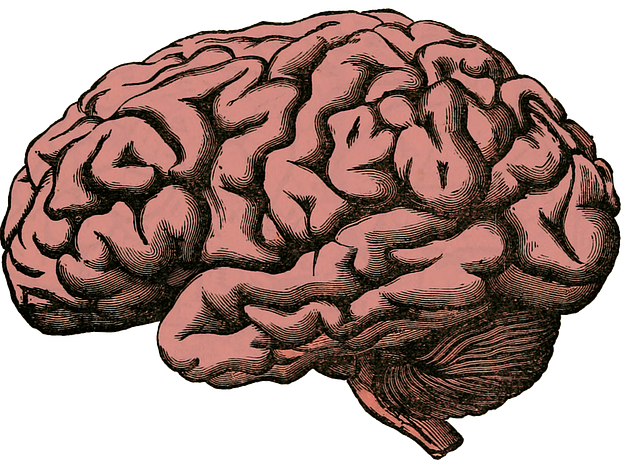Centennial American Sign Language (ASL) Therapy is a holistic approach to mental health care that utilizes non-verbal communication for emotional understanding and management, particularly effective for trauma support. This method enhances empathy, emotional awareness, and active participation in therapy. By combining ASL with traditional talk therapy, stress management techniques, and mindfulness meditation, CASL offers inclusive and effective mood regulation strategies, empowering individuals to express themselves, reduce mental illness stigma, and take control of their emotional well-being.
Mood regulation is a vital skill for navigating life’s challenges. This comprehensive guide explores various strategies, from daily practices to advanced techniques, to help manage and stabilize moods effectively. We delve into the unique benefits of Centennial American Sign Language (CASL) therapy as a powerful tool for emotional well-being. Learn practical strategies to enhance resilience, promote positive thinking, and achieve balanced mental states. Discover how CASL therapy offers innovative approaches to mood regulation, providing personalized support for improved mental health.
- Understanding Mood Regulation: The Role of Centennial American Sign Language Therapy
- Practical Strategies for Daily Life: A Comprehensive Guide
- Advanced Techniques and Professional Support for Efficient Mood Management
Understanding Mood Regulation: The Role of Centennial American Sign Language Therapy

Understanding Mood Regulation: The Role of Centennial American Sign Language Therapy (CASL) is a critical aspect of holistic mental health care. CASL goes beyond verbal communication, tapping into non-verbal expressions that can be powerful tools for emotional understanding and management. By utilizing sign language, therapists facilitate a unique form of trauma support services, enabling individuals to convey complex feelings and experiences that might otherwise remain unspoken. This approach is especially beneficial in addressing mental health issues stemming from past traumatic events.
The process involves building empathy through visual-spatial cues, which can enhance emotional awareness and regulation. CASL encourages active participation in therapy sessions, fostering a sense of agency and empowerment among clients. Moreover, it complements traditional talk therapy by providing alternative channels for self-expression, making mental health policy analysis and advocacy more inclusive and effective. This approach not only aids in the diagnosis but also offers innovative empathy building strategies, contributing to improved outcomes in mood regulation.
Practical Strategies for Daily Life: A Comprehensive Guide

Maintaining a stable mood is essential for navigating daily life with resilience and adaptability. Fortunately, there are numerous practical strategies that can be incorporated into routines to support emotional well-being. For individuals familiar with Centennial American Sign Language (ASL) Therapy, this unique communication approach can serve as a powerful tool for self-expression and emotional regulation. ASL allows for immediate and non-verbal release of feelings, enabling individuals to communicate their emotional state without words.
Integrating stress management techniques, such as mindfulness meditation and deep breathing exercises, into daily rituals can significantly enhance mood stability. Additionally, seeking Trauma Support Services or participating in Stress Management Workshops offered by organizations dedicated to mental health promotion, provides access to valuable resources. These workshops often introduce evidence-based practices for coping with trauma and managing stress, empowering individuals to take charge of their emotional well-being.
Advanced Techniques and Professional Support for Efficient Mood Management

In addition to traditional mood regulation techniques, seeking professional support can significantly enhance efficient mood management. Certified therapists, such as those specializing in Centennial American Sign Language (ASL) Therapy, offer advanced techniques tailored to individual needs. Through therapeutic modalities like cognitive-behavioral therapy (CBT), dialectical behavior therapy (DBT), and mindfulness practices, professionals help individuals identify triggers, develop coping strategies, and foster resilience.
The role of communication strategies, integral to Centennial ASL Therapy, is profound in addressing the Mental Illness Stigma Reduction Efforts. By utilizing non-verbal communication techniques and enhancing expressive language skills, individuals can assert their experiences more effectively. Furthermore, Mental Wellness Coaching Programs Development within therapy sessions empowers clients to set personal goals, navigate challenges, and promote overall mental wellness. These comprehensive approaches not only support emotional balance but also foster a deeper sense of self-awareness and empowerment.
In conclusion, mood regulation is a multifaceted process that can significantly enhance overall well-being. By understanding the role of Centennial American Sign Language Therapy in promoting emotional balance and exploring practical strategies for daily life, individuals can gain valuable tools to manage their moods effectively. For more complex cases, advanced techniques and professional support offer efficient mood management solutions, ensuring folks can navigate life’s challenges with resilience and grace.














